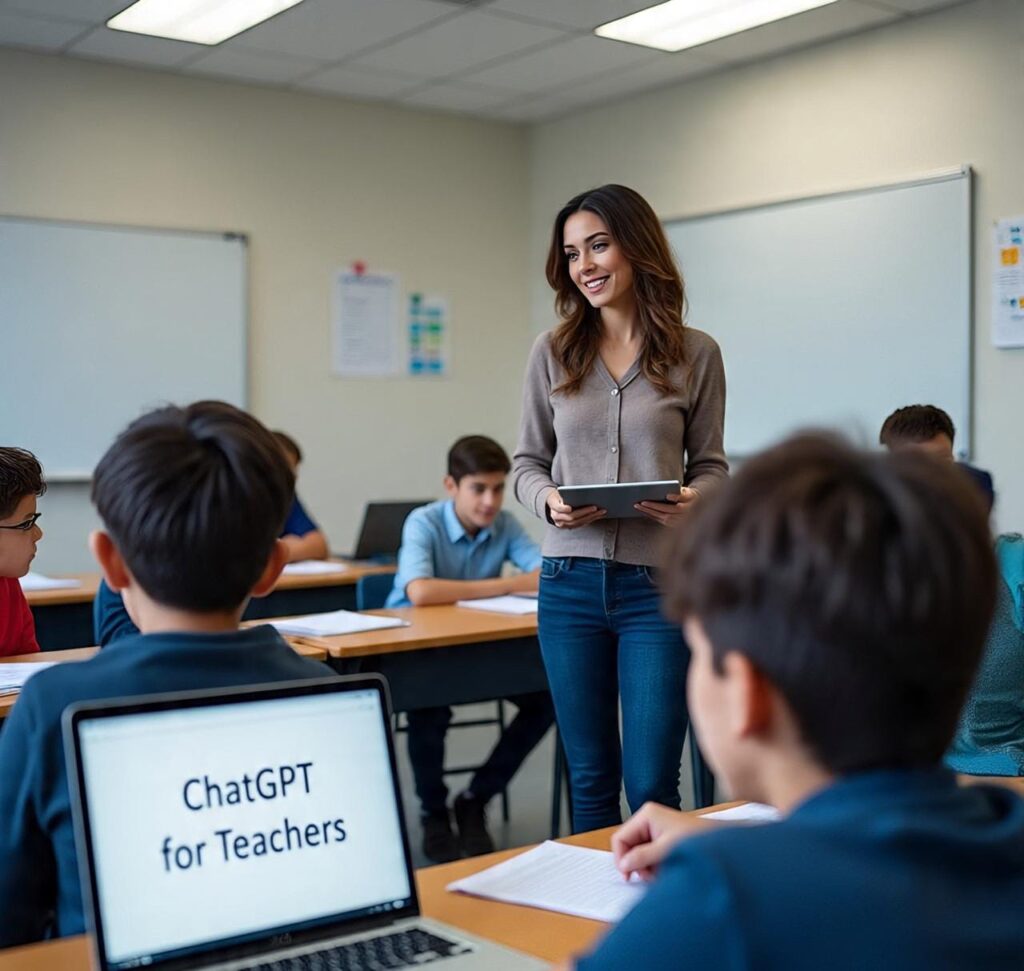
Educators nationwide are worried about the potential impact of AI on the educational environment, where students might prioritize finding shortcuts to achieve good grades over genuine learning. To address this issue, OpenAI has introduced ChatGPT for Teachers, enabling educators to have their chatbots assess their students’ chatbot-generated work. This initiative aims to assist teachers in creating instructional materials while ensuring compliance with the Family Educational Rights and Privacy Act (FERPA) guidelines for handling student data securely within their workspaces. The company is offering this suite of tools to teachers at no cost until June 2027, after which OpenAI may introduce fees as it seeks to monetize its services.
ChatGPT for Teachers is specifically tailored for K-12 educators, while OpenAI also offers a similar program called ChatGPT Edu aimed at engaging colleges. Many colleges have embraced this chatbot technology as part of their campus experiences. It is evident that schools have become a competitive arena for AI companies striving to embed their products in various educational institutions, given the abundant data available for model training and the financial stability of these institutions once committed to a service.
The increasing presence of chatbots in educational settings raises concerns about whether these technologies truly benefit anyone other than the companies behind them. As educators already struggle to motivate students to engage with academic tasks effectively, there are alarming signs of declining math proficiency across the country, prompting remedial actions like UC San Diego’s middle school-level math course for incoming students. Moreover, some students rely on AI tools to complete coursework without grasping the underlying concepts.
Research indicates that excessive dependence on AI can diminish critical thinking skills, an essential aspect of learning during school hours. Studies also suggest that individuals tend to offload complex cognitive tasks onto AI as a shortcut, potentially impairing their problem-solving abilities when devoid of such technological aids. Introducing these tools to both students and teachers may raise concerns about the unintended consequences that could emerge from widespread adoption in educational settings.
